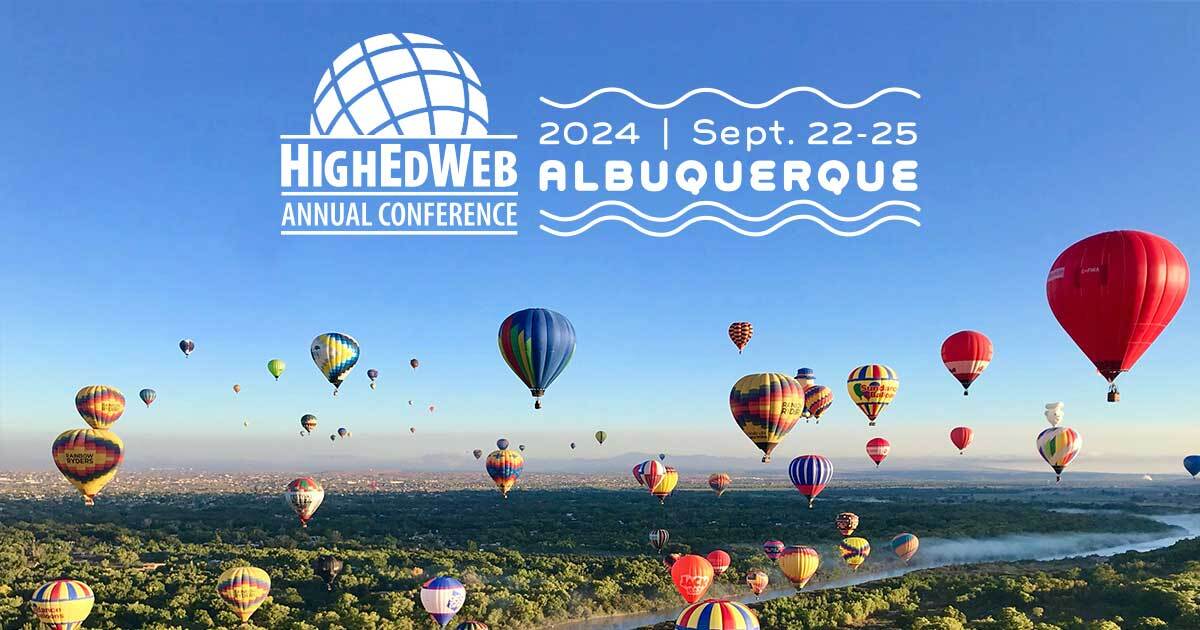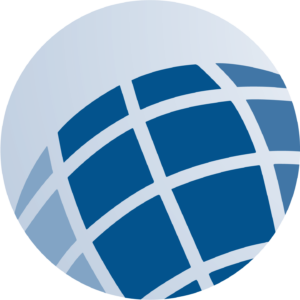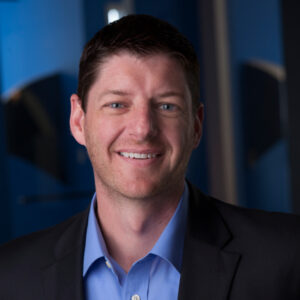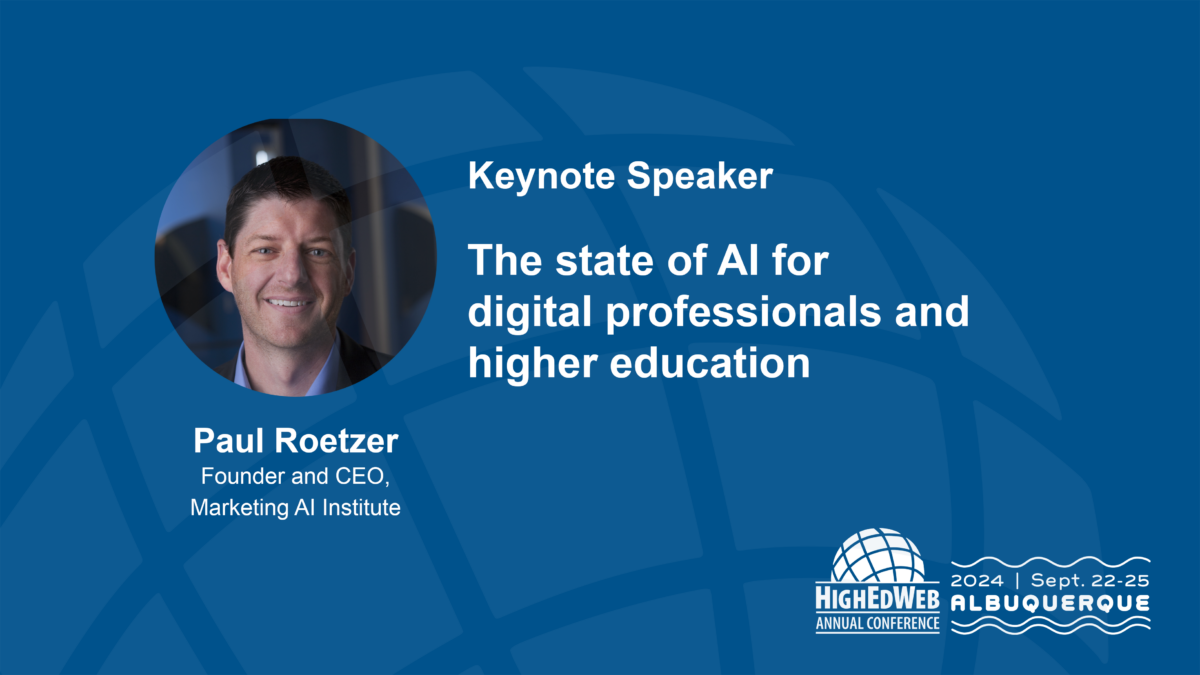As the HighEdWeb 2024 Annual Conference approaches, we are so excited to host Paul Roetzer, founder and CEO of Marketing AI Institute as our Sept. 25 keynote speaker.
Link Journal recently had the opportunity to interview him and learn more about his background and what wisdom we can expect to hear when he discusses “The state of AI for digital professionals in higher education.”
HighEdWeb 2024 Annual Conference
Learn from diverse track sessions, an inspiring keynote and group discussions during the 2024 Annual Conference, happening Sept. 22-25 in Albuquerque, New Mexico and online.

Q&A with Paul Roetzer
(Editor’s note: Responses and questions were, in rare cases, mildly edited for conciseness and flow.)

Can you tell me a little bit about your background, and what about your passion and experiences brought you to this point?

I worked in a marketing agency for five years, and then I started my own agency in 2005.
We worked in dozens of industries for probably over 400 clients in the time I was at the agency. So I owned that agency for 16 years, then sold it in 2021. And in the process of that, I developed a curiosity about artificial intelligence and started researching AI back in 2011, trying to understand its implications to marketing and business, and eventually started Marketing Institute in 2016 to focus more on our research about AI.
And I’d become pretty convinced by that point that it was going to have a massive impact on not only business, but society, educational systems, governments. And so we just wanted to spend more time doing that. And then in 2021, when I sold the agency, I just started focusing all of my energy on trying to figure out the story of AI and where it was going next.
And then it became a serendipitous time to make that change.

Yes, it did. Tell me more about the Marketing AI Institute.

Think of it as three main elements. There are media, education and events. So the media side is publishing content to make AI accessible and approachable to everyone.
That’s through our podcast, which we release each week, the Artificial Intelligence Show, and our newsletter, This Week in AI. We publish blueprints. We have an AI for Higher Education blueprint, actually. We try and create content that helps people understand and apply AI.
Then we have our online courses that take people to the next steps and help them really develop learning journeys to understand and apply AI at a deeper level.
And then events. We have our big marketing AI conference every year in Cleveland. And then we have a series of virtual summits that are designed for specific audiences, like AI for writers, AI for agencies, and AI for B2B marketers, and those are half-day virtual events that are in many ways either very affordable or free to attendees, because we want to be able to impact as many people as quickly as possible to help them understand AI, so that they can start applying it to their careers.

And, for those interested, MAICON is Sept. 10-12 in Cleveland. The podcast looks impressive and you’re nearing 100 episodes — as of a few weeks ago — can you tell us more about it?

The podcast started back in 2019. The idea was to start interviewing AI experts and tell their story, and figure out the story of AI by interviewing the people that were building it and building companies around it.
And it just never really got off the ground (initially) because of my time and schedule and it was very difficult to stay consistent. So in fall of 2022, right before ChatGPT, we actually switched the format, so it was around episode 19 or 20 of the podcast’s lifetime. And we made it so that Mike Kaput, our chief content officer, would interview me each week about key topics. And so it became Mike and I talking about three main topics each week. And then we would go into a series of rapid fire item items that is usually between five and 10. And we just started doing it and we didn’t even know if anyone was listening. We weren’t really tracking the metrics for it very closely.
We just started telling the story of AI and it forced Mike and I to consistently synthesize what we were learning and then share it with other people. And it became a really, really important part of not only our own understanding of what was happening in artificial intelligence, but it ended up that other people were interested as well.
So we went from 5,000 downloads, all of 2022, if I remember correctly, to about 120,000 in 2023, if I’m getting the numbers roughly right. And in 2024, we’ll likely eclipse 400,000 downloads. So it’s become a huge part of our audience growth, but it’s often how a lot of people learn about us now.
It’s people that have become loyal podcast listeners I run into all the time at, at events that I speak at and online people connect with on LinkedIn because they listen to the podcast. So it’s sort of just serendipitously became this huge engine for us to tell the story, but also to grow and expand our influence in the space.
And it’s kind of been a happy accident in some ways, the impact it started to have not only for our business, but across the industry. The infusion of AI into all the planning, production and promotion around the podcast really has become a great case study for us to share a very tangible example of how we’re applying AI every day to do what we do.

At the HighEdWeb Annual Conference, you’re speaking about the state of AI for digital professionals in higher ed and higher education — why should someone look forward to your keynote in terms of what generally they might learn and how they might benefit from it?

To understand that the impact AI is going to have. In the digital space, in higher education, whether it’s programming, marketing, social, any aspect really of knowledge work, but specifically for the audience at this event, you really have to understand what’s going on, like kind of the macro level of who are the major players, who are building these models, what are these models capable of doing. And then once you understand what they’re capable of doing and where they’re going, what are they building toward next, what are the next versions of these models going to look like and be able to do. It’s really hard to plan for the impact on your organization and your own career if you don’t have the context of the bigger story.
And so that’s what we’re going to talk about in this session, is just the bigger story of what’s going on, the trends, the milestones that affect all of us. And it helps us then really start to build roadmaps for the organization and for ourselves to start looking out ahead 6, 12, 18 months down the road and trying to figure out what is work going to look like, what is our job going to look like, what is our strategy going to look like, how is it going to affect from a digital perspective, the things we’re doing and where’s the AI going to fit in. To really to have a deep understanding, you gotta look at the big picture and then zero back into what does it really mean to you and your organization.
That’s what this talk will give, is a great perspective on where we are today and where we’re probably going in the next one to two years, and then getting into some specifics about what we can do about it today.
“Once you kind of step back and learn just the fundamentals of what it (AI) actually is, and the ways you can use it, and how many applications there may be to specifically … it’s less abstract. … That’s why so much of our time is just trying to make these concepts approachable.”

Paul Roezter
Keynote speaker, 2024 HighEdWeb Annual Conference
Founder and CEO, AI Marketing Institute
